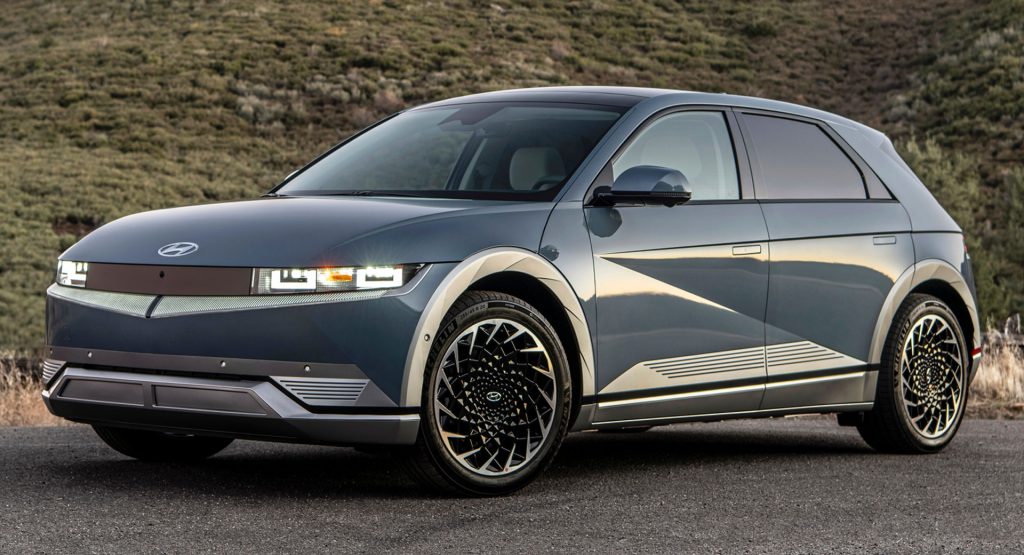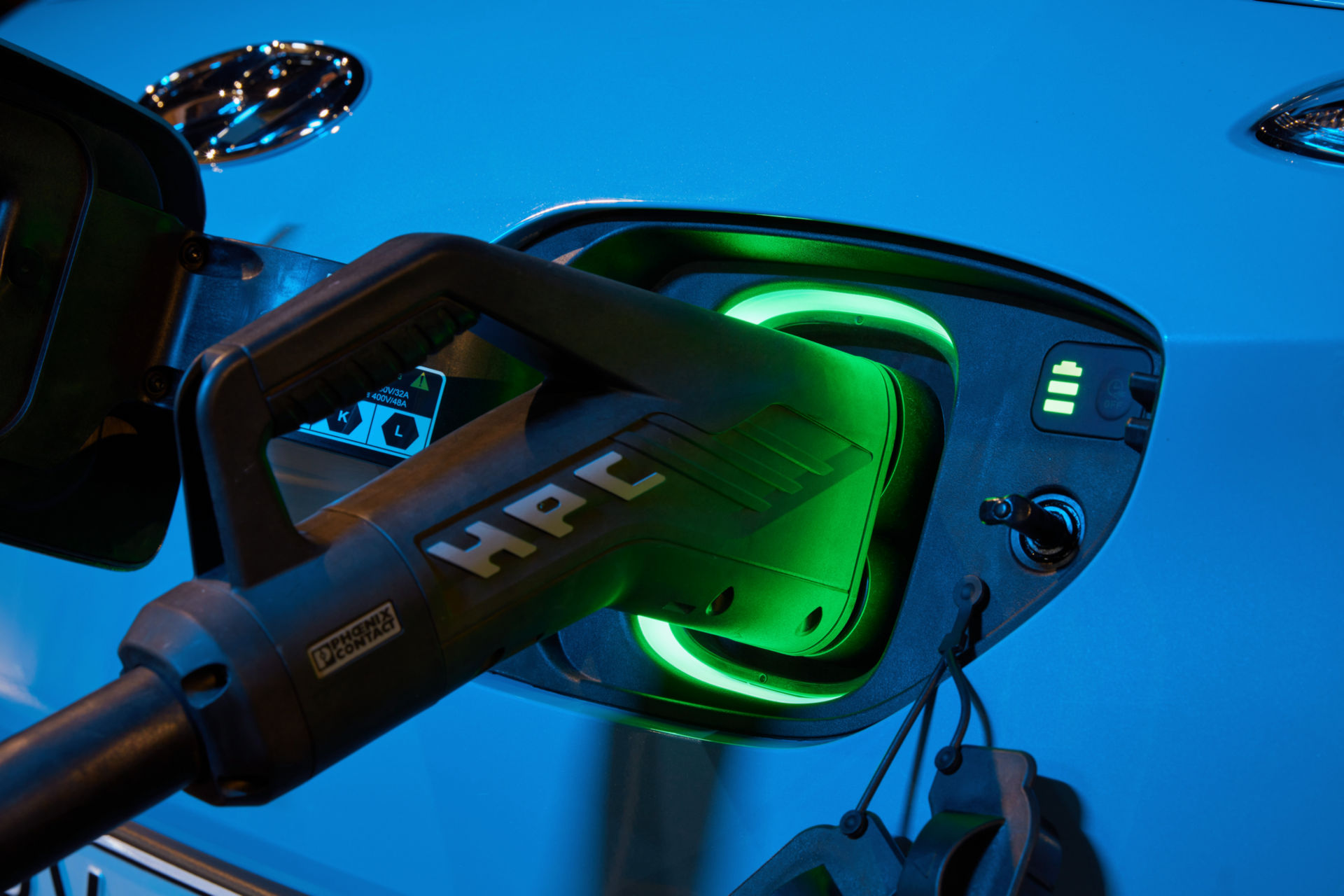Hyundai and Kia intend to invest 21 trillion won ($16.5 billion) to boost the production of their electric vehicles in South Korea. This announcement follows confirmation that Kia will build a new factory in the country to produce its planned fleet of electric Purpose Built Vehicles (PBVs).
The two car manufacturers aim to increase annual electric vehicle production in Korea to 1.44 million units by 2030, up from the 350,000 EVs that they expect to build locally this year. If Hyundai and Kia hit this figure, it means approximately 45 percent of their electric vehicles will be produced in Korea, Bloomberg notes.
Read More: Kia Confirms New Korean Factory For Electric Purpose-Built Vehicles
The Hyundai Motor Group is looking to establish a 12 percent share of the global EV market, aiming to sell 3.23 million electric vehicles annually by 2030. A key part of this plan involves the aforementioned factory dedicated to PBVs.
This facility will be built within Kia’s existing Hwaseong plant and will initially have an annual capacity of 100,000 vehicles per year but this will later increase to 150,000 units. Kia plans to begin construction at the site in the first half of 2023 with production to commence in the second half of 2025.
“This dedicated PBV facility is one of the major pillars of our Plan S strategy as Kia seeks to claim the top position in the global PBV market,” Kia president and chief executive Ho Sung Song said. “We will initially explore new markets with derivative PBV models, then gradually expand our presence in global markets with dedicated PBV models featuring autonomous driving technologies.”
The first vehicle to be built at this site will be a mid-sized PBV based on the carmaker’s ‘eS’ skateboard platform that can flexibly accommodate various PBV model sizes. After the launch of this mid-size model, Kia will launch micro-sized PBVs, multi-seat shuttles, and large PBVs that can be used as mobile offices or shops.
Separately, Hyundai is soon expected to announce plans to establish an electric vehicle factory in southern Georgia that will generate 8,000 new jobs.





